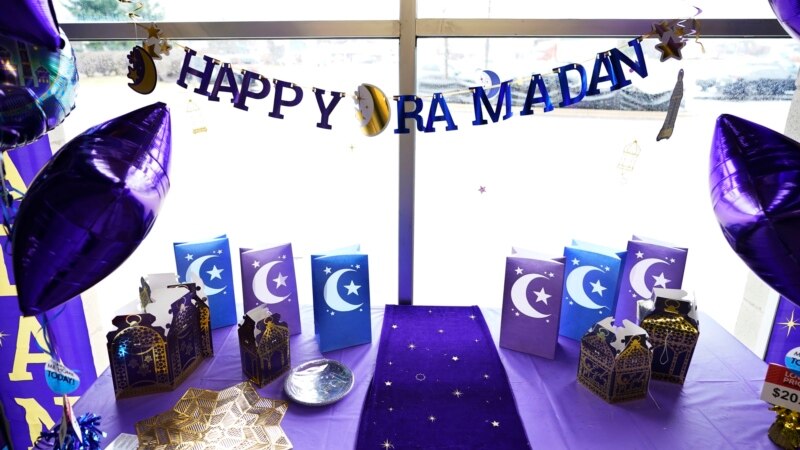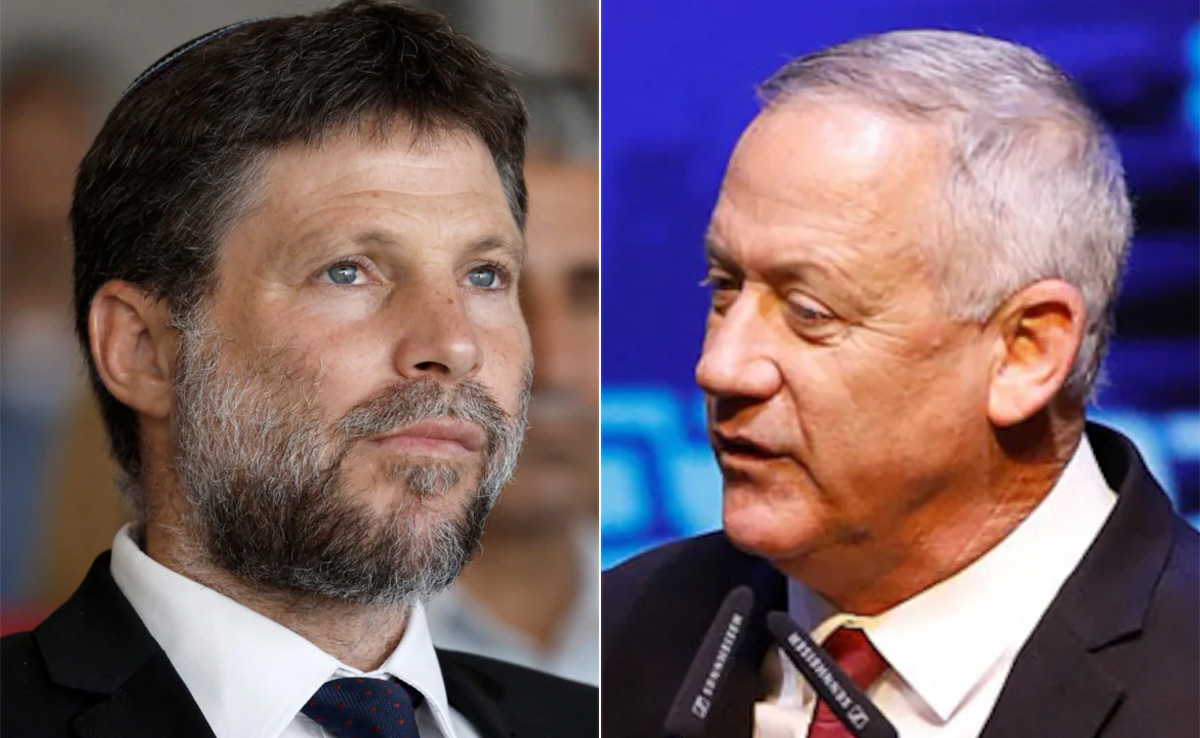
A new survey shows that nearly 70% of American Muslims practice zakat, or alms, during Ramadan, the Muslim month of fasting.
The survey, conducted by the Indiana University Muslim Philanthropy Initiative, found that gender, age, race, income, marital status, religious affiliation and voter registration status are factors that influence American Muslims’ preferences for paying zakat during Ramadan.
“The importance of Ramadan to Muslims has long been discussed,” said Sharik Siddiqui, the study’s lead researcher and director of the Muslim Philanthropy Initiative at Indiana University.
He told VOA in an email that the survey showed how important Ramadan is to American Muslims “in terms of charitable giving.”
Although there is no specific requirement to pay Zakat during Ramadan, many Muslims prefer to perform the obligation during Ramadan because they believe God will increase the rewards of charity during the Muslim month of Ramadan.
Muslims believe that God revealed the Quran to the Prophet Muhammad during the holy month of Ramadan.
During this month, physically capable Muslims who have reached puberty fast from sunrise to sunset, which means abstaining from food and drinking water.
The survey also shows that more than 45% of American Muslims pay zakat during the annual Islamic pilgrimage to Mecca.
The purpose of Zakat is to redistribute wealth and alleviate poverty within the Muslim community.
It is usually calculated as 2.5% of the wealth accumulated by Muslims each year, including savings, investments, gold, silver and other assets beyond personal basic needs.
According to the Muslim Charities Initiative, American Muslims paid an estimated $1.8 billion in zakat in 2021.
There are nearly 3.5 million Muslims in the United States, accounting for 1.1% of the country’s population.
Siddiqui told VOA that American Muslims donate an estimated $4.3 billion to charity, including zakat, every year, of which 85% remains in the United States, 50% of which is donated to Muslim-led organizations, and about 40% to non-profit organizations. Muslim groups.
However, he said the survey identified some key demographics that are often overlooked by fundraisers.
Surveys show that married Muslims and Muslim women are more likely to pay zakah during Ramadan.
Surveys show that Muslims in their 30s and those earning between $50,000 and $75,000 a year tend to pay zakat during Ramadan.
Religious belief is another factor that influences their decision to give zakat during Ramadan. Those who consider themselves more pious tend to fulfill their Zakah obligations during Ramadan.
The survey also shows that American Muslims who are registered to vote are more likely to pay zakat during Ramadan than those who are not registered to vote.
The survey, sponsored by Islamic Relief USA, was based on a nationally representative sample of 1,139 Muslim adults living in the United States
VOA’s Masood Fariwal contributed to this story.
Follow us on Google news ,Twitter , and Join Whatsapp Group of thelocalreport.in
















